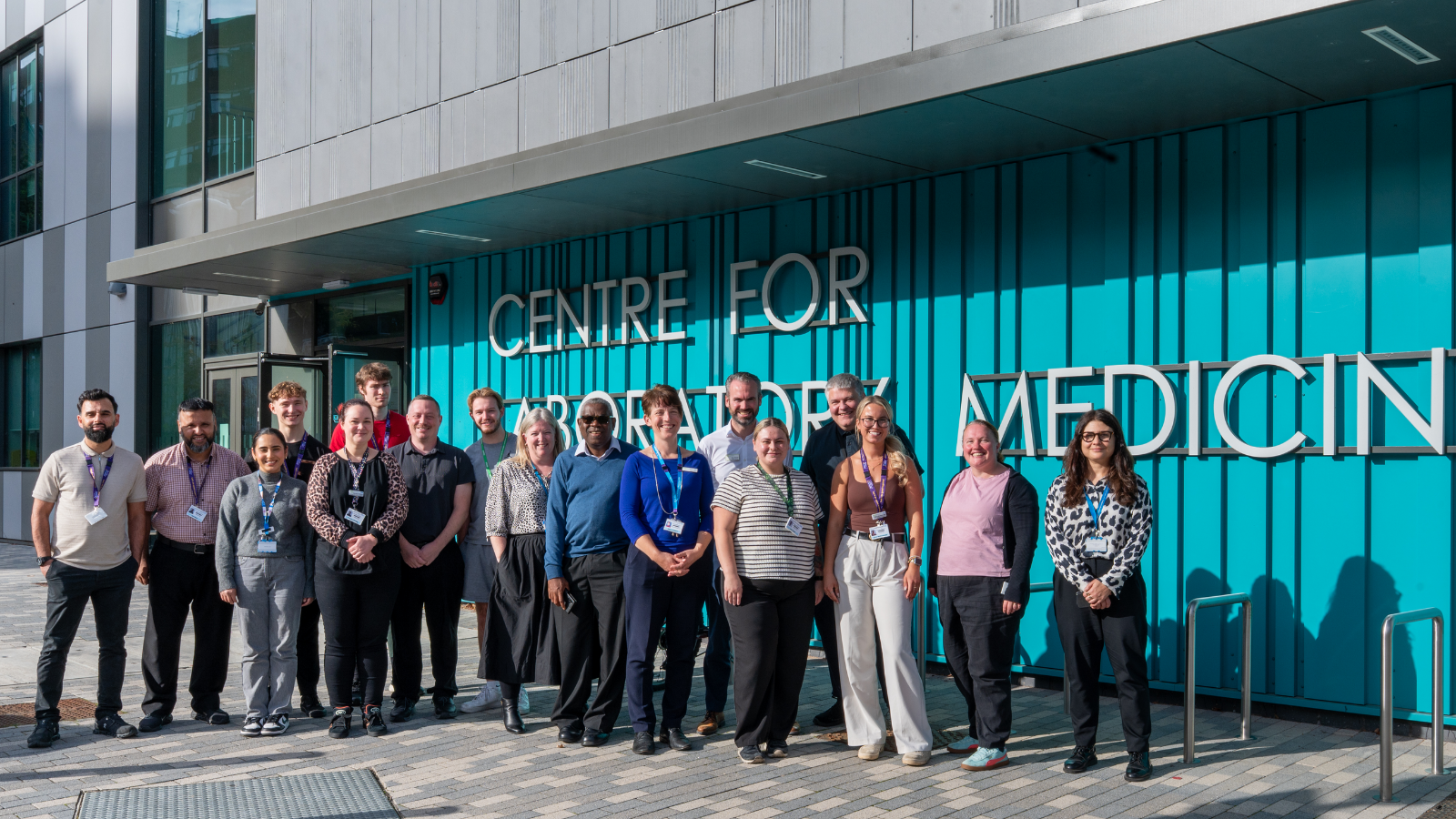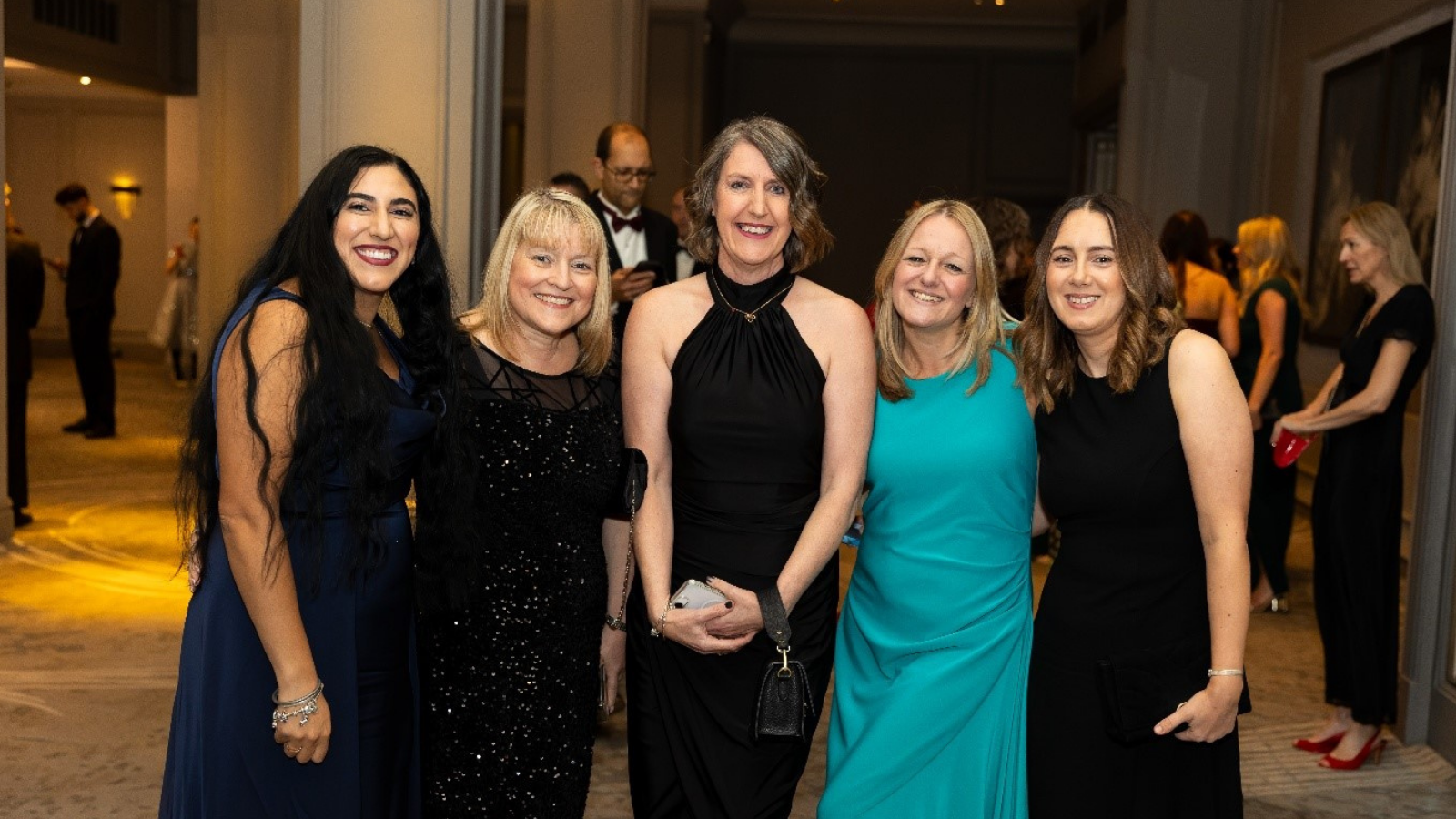It’s worth reminding ourselves that the 62-day standard has not been delivered across the NHS since December 2015. And, within the time span envisaged for recovery overall, referral activity will have more than doubled locally.
As operational colleagues know, recovery of performance standards not only requires clinical activity to be delivered at the targeted level, but also be profiled significantly in excess, and sustained to deliver the new performance curve. It is significantly harder to get back and sustain targets than it is to slip from delivery trajectories in the first instance.
Within West Yorkshire and Harrogate, just under three quarters of our patients receive their cancer care within 62 days of referral. At ten percentage points from where we need to be, this is both significantly improved from the post-pandemic recovery period and demonstrably better than both the regional and national averages but admittedly is not good enough. What has been achieved is key to the work of all colleagues invested in cancer care locally, across all our partner organisations.
When the volumes of cancer care increase exponentially, as possibly the most significant burden on population health faced by partners in West Yorkshire and Harrogate, it is easy to forget that each number within the numerator is a real person with a lived experience of that cancer pathway. Also, what the experience of waiting really looks and feels like. That’s why the work of our lived experience partners is key, and why the work of our patient partners in the Yorkshire Cancer Community must be celebrated.
In many cases, whether referred by their GP or not, the experience of being concerned about a symptom will have started for the patient before day zero. Typically, more than half of those diagnosed with cancer will subsequently live for ten years or more, often with multiple successive lines of therapeutic intervention. This means that whilst their cancer waiting times clock in our NHS terms ends on day 62, the true pathway for that person is often more than 62 times longer.
This is a stark point not lost on our wonderful team of colleagues who deliver our living with and beyond cancer programme. This team continues to spearhead the expansion of the community model of support in West Yorkshire and Harrogate, delivering a better, more tailored and holistic model of support around the needs of the whole person. Along with our fantastic teams working on pathway redesign, health inequalities, workforce, innovation and support functions, our teams have rightly attracted national attention and praise for leading the way on whole-person cancer care, shaped through a quality-led lens.
The other message on performance is about variation, which is sometimes missed in media narratives of good versus bad. In some local organisations, this access to care agenda and the wider quality agenda which underpins it, is already delivered at the NHS Constitution level, which is both positive to see and a real challenge to sustain. Whereas in others, through a combination of complex case mix, activity flows and capacity profiling, we are more than twenty percentage points adrift where we need to be.
In context, our overall picture of strong, improving performance also masks gaps in delivery across individual tumour sites, and certain types of treatment, where complex diagnostic and treatment algorithms mean that some care remains with a performance profile of just half of the constitutional standard threshold. Tackling both the target and unwarranted variation, whilst at the same time protecting the need to respect patient choice and select the right types of interventions in a clinical operating environment increasingly focussed on personalised care, research and genomics is pivotal to overall success.
It follows that the positive signal from government around the importance of performance recovery and addressing performance variation will also need to be matched by the sustainable investment in capacity, infrastructure, workforce and capital needed to solve it. It is, in this context, that the system eagerly awaits the expected publication of the National Cancer Strategy in February 2026 following the outcomes of the comprehensive spending review.
The initial commitment from ‘the centre’ appears to show promise in a fiscal climate where everyone is understandably asking for more. For example, the cancer transformation funding (SDF) which supports performance renewal and sustainability has been confirmed at the same level for the next three years. At the same time, the continued role of cancer alliances has been emphasised in policy directive as an essential and continuing component of the delivery architecture in the future operating model which all systems will be expected to follow.
Cancer alliances have a crucial role to play in this performance support space, not only in providing expert advice to system partners and wider guidance to strategic commissioners but also making sure that the tenets of the alliance model and its unique values shine through the resulting delivery approach.
By continuing to focus on being honest, courageous and kind, we are proud to continue to foster the relationships of partners choosing to collaborate because they see the purpose of doing so. As an alliance, we will continue to be proud to share best practice, adopt new ways of working and break down the artificial boundaries and administrative sub-divisions which mean little to the end user receiving lifesaving and extending care.
Doing with, and not doing to, will remain of paramount importance, as will our approach of maximising the opportunity for local innovation and creativity within a centralised policy space. It is this approach which has supported the system to deliver improved clinical outcomes for cancer in recent years – with hundreds of additional lives saved.
It is also pleasing to hear from our professional network of the other eighteen cancer alliances in England that they feel supported, both consistently and locally, to respond to this enhanced performance mandate, and further the expected expansions of the alliance leadership role into other interdependent components of cancer pathways moving forwards. Strategic partnerships and consistency of approach overall with our ‘sister’ organisations will also be key to ensure that we do not lose strategic focus or fall behind as we embark upon this important three-year performance challenge.
More widely, and as system convenors for cancer, alliances will also retain ownership of the established policy commitments relating to early diagnosis of cancer, health inequalities and the expected new ambitions for long-term survival, patient experience measures and delivering impact across the care spectrum. All of this aligns with the government’s three shifts. Financial stewardship of the associated resources is also expected to remain within the functions of local alliances and their boards. To support this work, the new NHS operating model pivots towards closer accountability relationships between alliances and regional teams, co-affirming with the expanding roles of mature provider collaborative organisations as part of a consistent delivery approach.
I have seen many colleagues writing these leadership messages recently reflect on what it is termed in the business as ‘VUCA’. Volatility, uncertainty, complexity and ambiguity are all certainly features of the current operating environment. And let’s face it, its hard right now. It’s hard for everyone. But there is, in the field of cancer transformation, also hope for a brighter future with expanded, as opposed to foreshortened, horizons.
Hope, pragmatism and a determined focus is, in my view, crucial in a time of uncertainty. In times such as these, one must resist the temptation to wait for further rules and process but instead see uncertainty as a possibility to stimulate innovation and challenge outdated cultural norms through an approach of tough kindness.
This hope, pragmatism and determined focus will mean that we will continue to deliver what matters most to the people affected by cancer in West Yorkshire and Harrogate. Better patient outcomes measured across all elements of patient experience, including cancer waiting times.
Have a good weekend everyone,
Jason


 Hello, my name is Jason.
Hello, my name is Jason. Microbiology teams merge as part of WYAAT pathology services reconfiguration
Microbiology teams merge as part of WYAAT pathology services reconfiguration West Yorkshire nurses shortlisted for national awards
West Yorkshire nurses shortlisted for national awards New stabilisation room opens at Airedale Hospital to provide ICU-level care for children
New stabilisation room opens at Airedale Hospital to provide ICU-level care for children